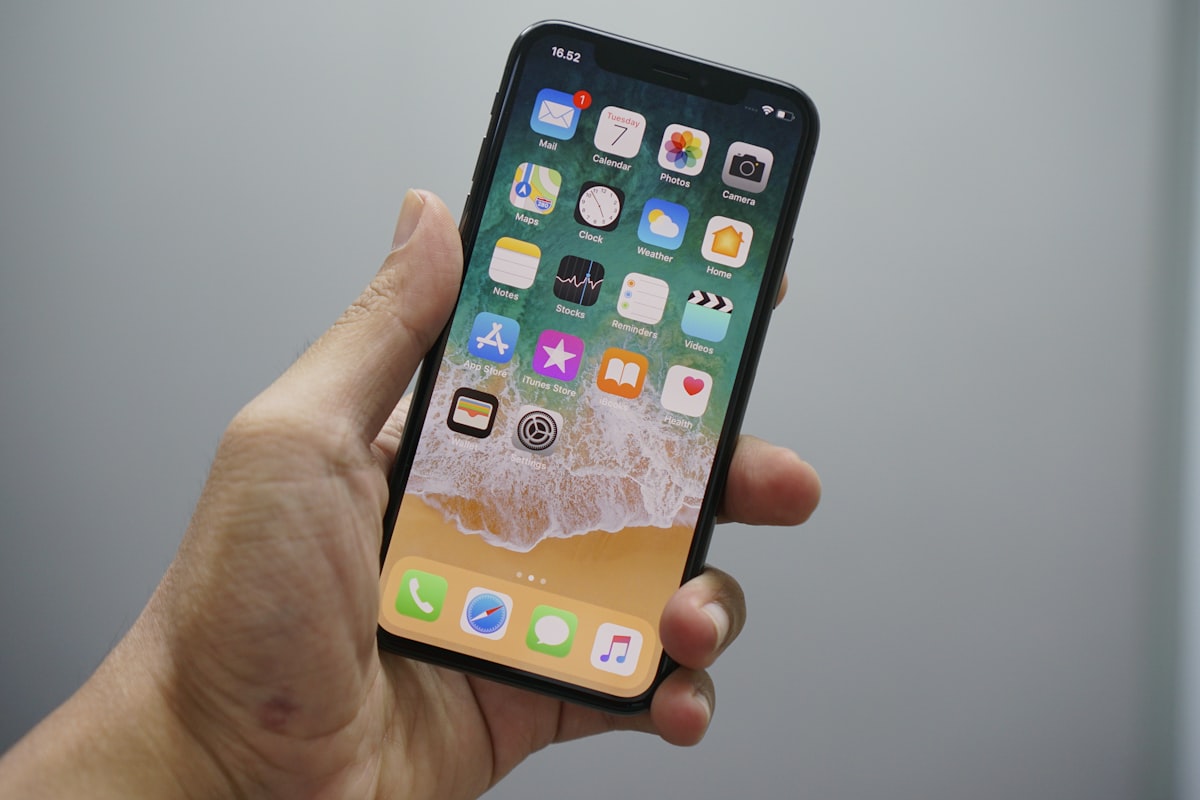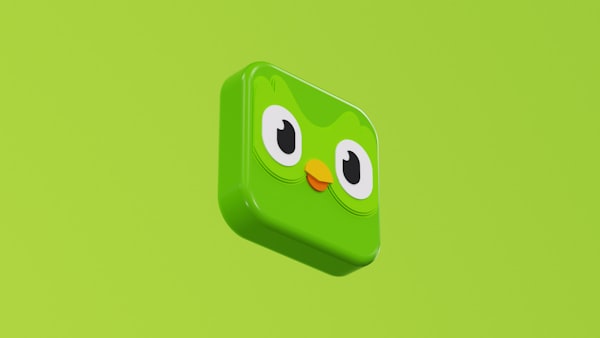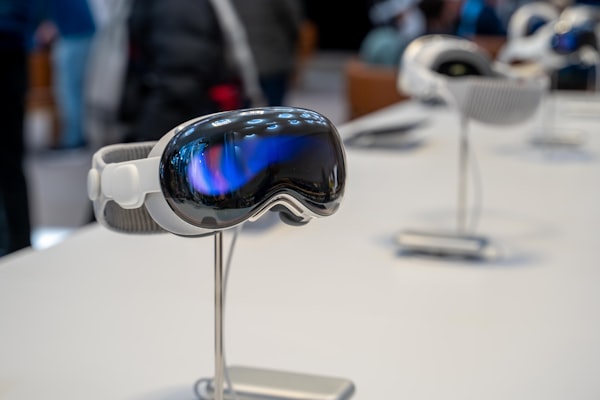Apple on Trial: Dissecting the Monopoly Accusations
Apple faces a lawsuit accusing it of maintaining a monopoly with the iPhone, impacting users, developers, and its stock. Dive into the details.

There's so much happening with Apple, but today's news, which sent the stock down by 4% at the time of writing, is particularly noteworthy.
The United States has sued Apple, accusing the company of maintaining a monopoly with the iPhone. If you want to read the whole filing, it’s available on the DoJ website here. Be warned, it’s 88 pages in length.
88 pages is a lot to get through, so let’s touch on the high points a little.
“Super Apps”
Super apps provide a user with broad functionality in a single app. Super apps can improve smartphone competition by providing a consistent user experience that can be ported across devices. Suppressing super apps harms all smartphone users—including Apple users—by denying them access to high quality experiences and it harms developers by preventing them from innovating and selling products.
Here, the complaint is the Apple prevents applications like China’s WeChat from existing as it could reduce switching costs for users. This complaint makes sense, on the surface, but like all complaints in this particular case, it hinges on a lot of speculation.
Are there few “super app” options in the United States because Apple would prevent them from making money on the App Store, or is there simply a lack of desire for them to begin with?
Let’s assume the former, Apple would prevent it. In that world, Apple could, and likely would, point to the privacy benefits of broken apart applications. An all-in-one Meta application featuring a wallet, web browser, and other components would make tracking users much easier, something Apple has always fought against.
My take: too ambiguous. Apple itself doesn’t utilize super apps, although it could be argued the device itself is the super app.
Cloud Streaming
Cloud streaming game apps provide users with a way to play computing intensive games in the cloud. Cloud streaming games (and cloud streaming in general) can improve smartphone competition by decreasing the importance of expensive hardware for accomplishing high compute tasks on a smartphone. Suppressing cloud streaming games harms users by denying them the ability to play high-compute games, and it harms developers by preventing them from selling such games to users.

This one appears late to the party. Microsoft’s Xbox Cloud streaming works on iPhones, granted it’s outside of the Apple App Store. PlayStation’s cloud gaming, Steam’s Steam Link, and Shadow PC are also all useable on iOS devices.
Apple does compete in this space with its Apple Arcade subscription, but the games there tend to be more casual in nature when compared to those offered by the major game streaming services.
My take: this one seems late to the party. Apple has made concessions here and the applications seem workable. The only “edge” I can see is that Apple has not allowed game streaming where the user doesn’t already have the hardware.
Messaging
Messaging apps are apps that allow users to communicate with friends, family, and other contacts. Messaging apps that work equally well across all smartphones can improve competition among smartphones by allowing users to switch phones without changing the way they communicate with friends, family, and others. Apple makes third-party messaging apps on the iPhone worse generally and relative to Apple Messages, Apple’s own messaging app, by prohibiting third-party apps from sending or receiving carrier-based messages. By doing so, Apple is knowingly and deliberately degrading quality, privacy, and security for its users and others who do not have iPhones. Apple also harms developers by artificially constraining the size of their user base.
If you own an iPhone, you’ve likely experienced the frustration of seeing a green bubble in a group text, which diminishes the messaging experience.
Apple defaults every iOS user to iMessage. It also did not implement RCS, but it is expected to support RCS this year.
By not previously implementing RCS, Apple has built a two-tiered messaging system where Android users are treat as second-class citizens. This might be an area where Apple needs to demonstrate significant progress.
My Take: Of the items we’re covering here, I believe Apple is likely to lose this in some way. Perhaps the implementation of RCS is enough, but I could definitely see the complainants wanting to get more.
Smartwatches
Smartwatches are an expensive accessory that typically must be paired to a smartphone. Smartwatches that can be paired with different smartphones allow users to retain their investment in a smartwatch when switching phones thereby decreasing the literal cost associated with switching from one smartphone to another, among other things. By suppressing key functions of third-party smartwatches—including the ability to respond to notifications and messages and to maintain consistent connections with the iPhone—Apple has denied users access to high performing smartwatches with preferred styling, better user interfaces and services, or better batteries, and it has harmed smartwatch developers by decreasing their ability to innovate and sell products.
This seems to be two-fold. First, Apple Watch does not work with non-Apple devices, second, non-Apple produced watches have reduced functionality.
The former is, frankly, quite silly. Sure, it increases switching costs if you have an Apple Watch + iPhone combo, but in no world should Apple be forced to build a product to work with devices it doesn’t want to support.
The latter is interesting in that there are plenty of non-Apple watches on the market. Garmin makes a huge selection that users appear to be happy with but you cannot:
- Reply to messages
- Use phone functionality
- Interact with native Apple applications
My take: Garmin has a big enough market in the smart watch device scene that Apple could easily point to it to say their tech design decisions do not affect the broader smart watch market. Apple Watch not working on other platforms is not an issue, it’s a business decision.
Digital Wallets
Digital wallets are an increasingly important way that smartphones are used and are a product in which users develop a great deal of comfort and trust as they typically contain users’ most sensitive information. Digital wallets that work across smartphone platforms allow users to move from one smartphone brand to another with decreased frictions, among other things. Apple has denied users access to digital wallets that would have provided a wide variety of enhanced features and denied digital wallet developers—often banks—the opportunity to provide advanced digital payments services to their own customers.
Apple Wallet supports all variety of payments I’ve ever tried to use. If a user did not want to use Apple’s tap-to-pay functionality with digital cards they could simply tap their credit card at terminals.
This complaint really questions whether devices should just be devices, allowing complete control over functionality to the user. Or, whether the device manufacturer itself can exert some design decisions about certain functionality.
My take: Apple does get a financial benefit from users tapping to pay. A court could find that Apple needs to allow others to use that functionality.
Closing Thoughts
No court case is beneficial, and this particular one could spell trouble for Apple in various aspects. While some of the arguments do seem trivial, there are a couple (messaging & digital payments) that seem as though they could lead to mandated changes.
The market is essentially valuing these changes at $100B in market cap. I don’t think it’s that severe, but when combined with the judgements in Europe, the cases against Apple’s monopoly are piling up.


